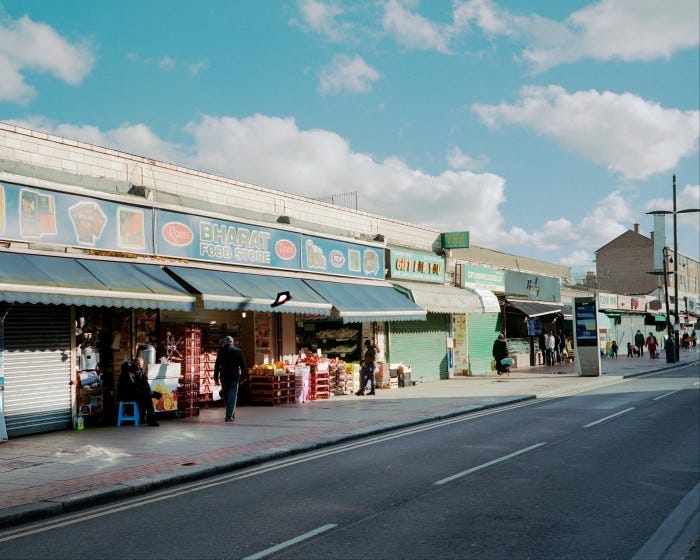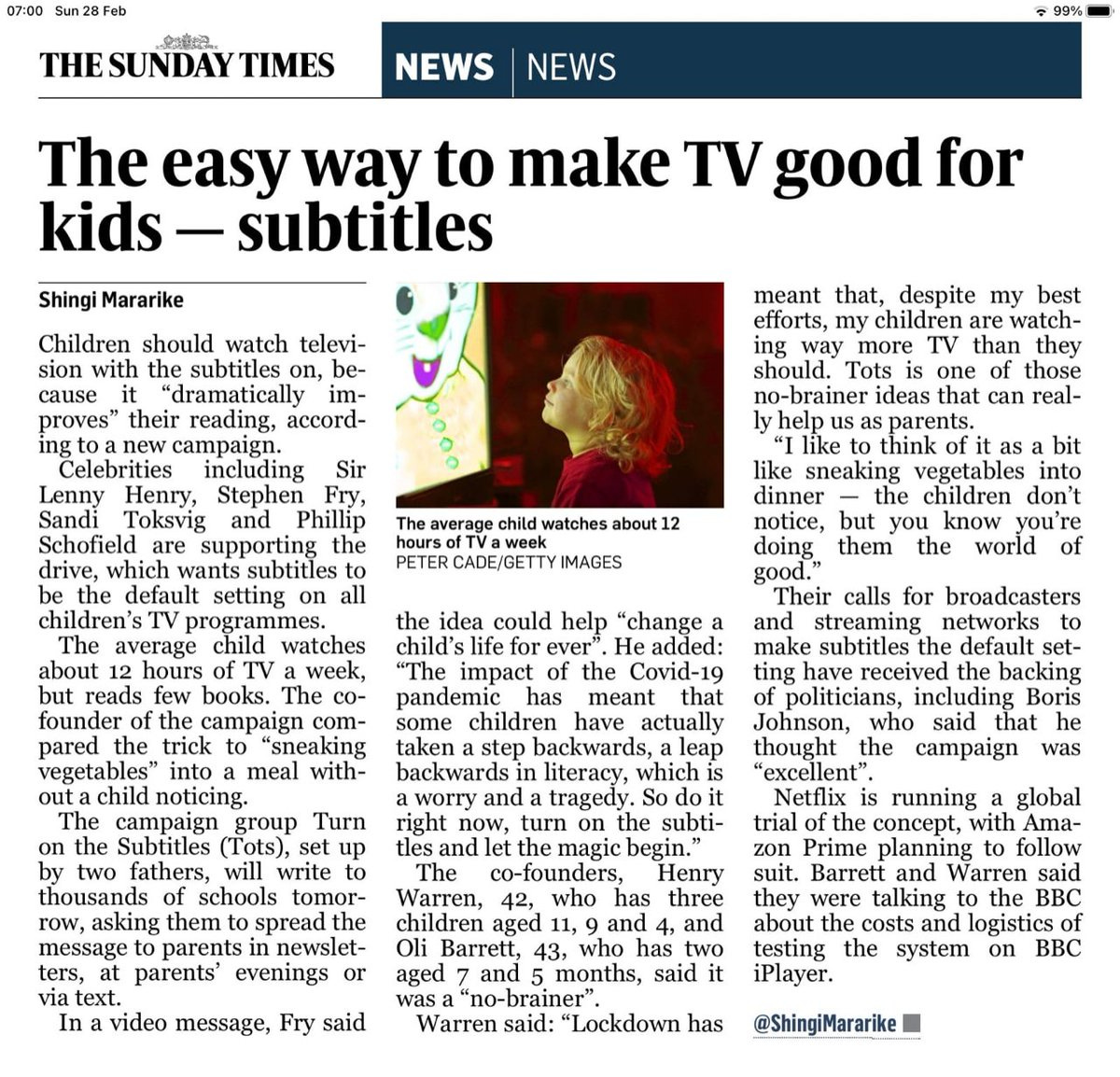Hello. Welcome.
This is Transmissions by me, Martin Brown. Father. Husband. Designer at Craig Walker and lecturer at RMIT. Marty to most.
This is the fifth in an ongoing newsletter that collates some of the more interesting stories, links, quotes and other curios that float my way.
If you’re new here, then sign up now to get more of these in your inbox, and don’t forget to tell your friends!
Design
How Facebook got addicted to spreading misinformation
Karen Hao, MIT Review
For those of us old enough to remember the early internet, in all its stumbling, exploratory, free-form awkward glory, looking at the internet ecosystem in 2021, riven with culture wars and oligopolies, it’s fair to ask, David Byrne-like, ‘How did we get here?’
In my mind, the chart above does a better job in answering the question than Karen Hao’s much-discussed article, in which she posits that Facebook have been unwilling to curb misinformation because to do so would be to curb engagement. The chart could be described with the quote below, from the article:
”The algorithms that underpin Facebook’s business weren’t created to filter out what was false or inflammatory; they were designed to make people share and engage with as much content as possible by showing them things they were most likely to be outraged or titillated by.”
Facebook became Facebook because they recognised from the outset what we wanted to talk about online, and made it easy for us to do so. They got us to engage with their platform, and we – you, me and the other 2.3 billion users – did the rest. (Combined with recommendation algorithms, of course)
This is the underlying tension: what we are engaged with online is not necessarily what makes us better people, or creates productive discourse in society. We’re flawed creatures, and to some degree we need governance and oversight to help us contain our worst instincts.
The question of how much governance, and in what contexts, is what I feel the next era of the internet will be defined by.
Ideas
Inside the ‘Covid Triangle’: a catastrophe years in the making
Anjli Raval, Financial Times
This is a crushing read, which pierces the bubble of the comfortable middle class journalists who have been mostly writing about the pandemic’s effects on people like themselves. It shows how truly disastrous the pandemic has been for poor migrant communities – in this case to the east of London, but likely similar situations are to be found on the outskirts and forgotten areas of most major cities. For many of us, the world has gotten so small over the past year, we’ve become so insulated, that we haven’t even begun to count the cost. This article is a chilling reminder to do so.
Putin’s Potemkin Paradise
Graeme Wood, The American Scholar
A provocative essay that poses the question: “What do we do if tyrants become competent? Fifty years ago, only a fanatical ideologue or an adventurer would choose to live in China or the Soviet Union. Now the choice is harder.”
A fascinating outcome of the COVID lockdown period in Australia, was the degree to which people were happy to swap their personal freedoms for the promise of security. What does that mean for the future? Where do we go with that? What if freedom isn’t the pillar of prosperity that we thought it was? Is the end-point of tyranny not death camps, but an orderly and civil society, where – to Mussolini’s point – at least the trains run on time?
Sheesh… If it is, I think I might ride my bike.
Quotes
"Nothing too good or too bad stays that way forever, because great times plant the seeds of their own destruction through complacency and leverage, and bad times plant the seeds of their own turnaround through opportunity and panic-driven problem-solving. The same story, again and again."
– Morgan Housel, Collaborative Fund
Other
As anyone who has learnt a second language could tell you, subtitles are unsung heroes (ht @rorysutherland)
Bruce Sterling gives a mind-blowing hour long talk, Intro to Transhumanism.
In possibly the greatest party trick of all time, sea snails can decapitate themselves and grow new bodies.
A lovely piece by my former colleague, Andy Polaine, with some sage advice for surviving as a creative individual.
In a world of Spotify and algorithmic sorting rather than record stores, the concept of musical genre is dying. Will we miss it? (Ed: Yes, we already are)
Thanks for reading. If you liked it, please tell your friends about it!
Till next time, over and out.
x Marty







